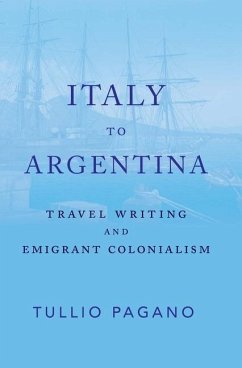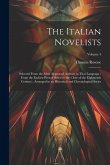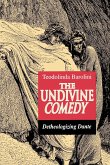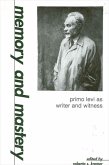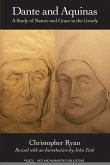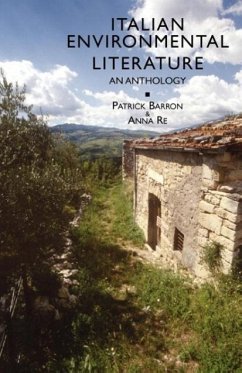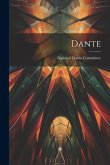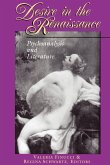"In Italy to Argentina: Travel Writing and Emigrant Colonialism, Tullio Pagano examines Italian emigration to Argentina and the Rio de la Plata region through the writings of Italian economists, poets, anthropologists, and political activists from the 1860s to the beginning of World War I. He shows that Italians played an important role in the so-called conquest of the desert, which led to Argentina's economic expansion and the suppression and killing of the remaining indigenous population. Many of the texts he discusses have hardly been studied before: from Paolo Mantegazza's real and imaginary travel narratives at the time of Italian unification to Gina Lombroso's descriptions of Brazil, Uruguay, and Argentina in early 1900s. Pagano questions the apparent opposition between diaspora and empire and argues that there was a continuity between the "peaceful conquest" though spontaneous emigration envisioned by Italian liberal intellectuals at the turn of the century and the military colonialism of Italian Nationalists and Fascists. He shows that racist assumptions about Native American and "creole" cultures were present in the work of progressive authors like Edmondo de Amicis, whose writings became enormously popular in Argentina, and anarchist militants and legal scholars like Pietro Gori, who founded the first revolutionary unions in Buenos Aires while remaining dangerously attached to Cesare Lombroso's theories of atavism and primitivism. The "growl" of Italian emigrants about to land in Argentina, found in Dino Campana's poem Buenos Aires (1907), echoes throughout Pagano's book, and encourages the reader to explore the apparent oxymoron of "emigration colonialism" and the role of literature and public media in the formation of our social imaginary"--
Hinweis: Dieser Artikel kann nur an eine deutsche Lieferadresse ausgeliefert werden.
Hinweis: Dieser Artikel kann nur an eine deutsche Lieferadresse ausgeliefert werden.

